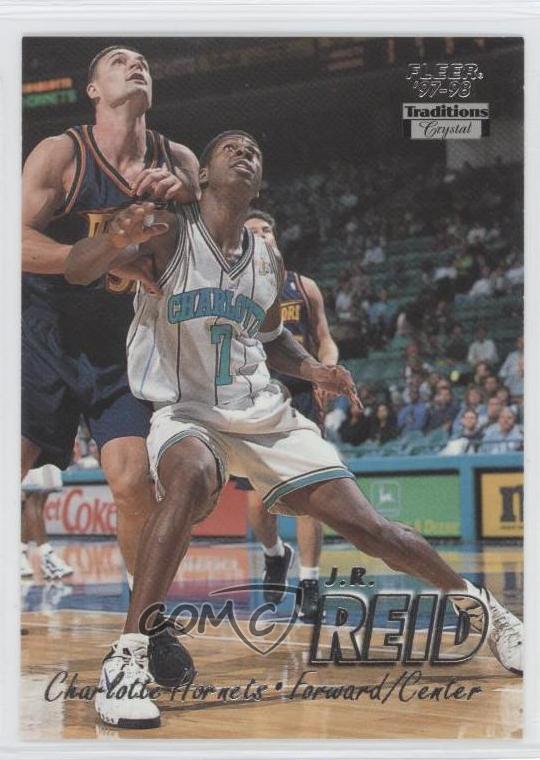

The three-time All-Star was sidelined with an elbow injury at the start of the 1998-99 lockout-shortened season and on March 10, 1999, was traded to the Los Angeles Lakers along with B.J. The Hornets reached the Eastern Conference Semifinals for the second time in franchise history, falling to the eventual NBA champion Chicago Bulls in five games. Rice averaged another 22.3 points in 82 starts the following season on his way to All-NBA Third Team honors and an 11th place finish in MVP voting. He tallied 26 points and two steals off the bench in the Eastern Conference’s 132-120 win at the Gund Arena in Cleveland, OH. Most notably though, Rice became the first and still only player in franchise history to win the All-Star Game MVP Award. He also scored a Charlotte single-game record 48 points in a win over the Boston Celtics on March 6, 1997, landed on the All-NBA Second Team and finished fifth and tied for fifth, respectively, in MVP and Most Improved Player Award voting. Rice exploded in the 1996-97 campaign with franchise single-season records for scoring (26.8 points third highest in the NBA), three-point field goals (207) and three-point percentage (league-leading 47.0 percent) to go along with 4.0 rebounds and 2.0 assists, while leading the Hornets to an organizational-best 54 wins. Rice cruised to 21.6 points on 47.1 percent shooting, 4.8 rebounds, 2.9 assists and 1.2 steals in 79 games his first season with the team, earning himself the first of three-consecutive NBA All-Star Game nominations.

3, 1995 as part of a six-player swap that sent Alonzo Mourning back to the Heat. As pure and lethal a scorer as the Charlotte Hornets have ever had on their roster, small forward Glen Rice was front and center for the team’s most successful three-year stretch in franchise history.Īfter spending his first six NBA seasons with Miami, Rice arrived in Charlotte on Nov.


 0 kommentar(er)
0 kommentar(er)
